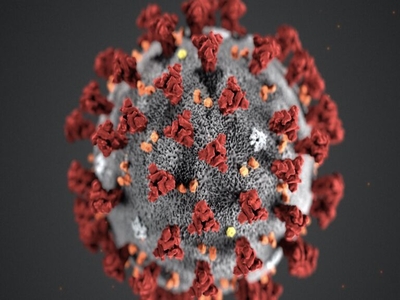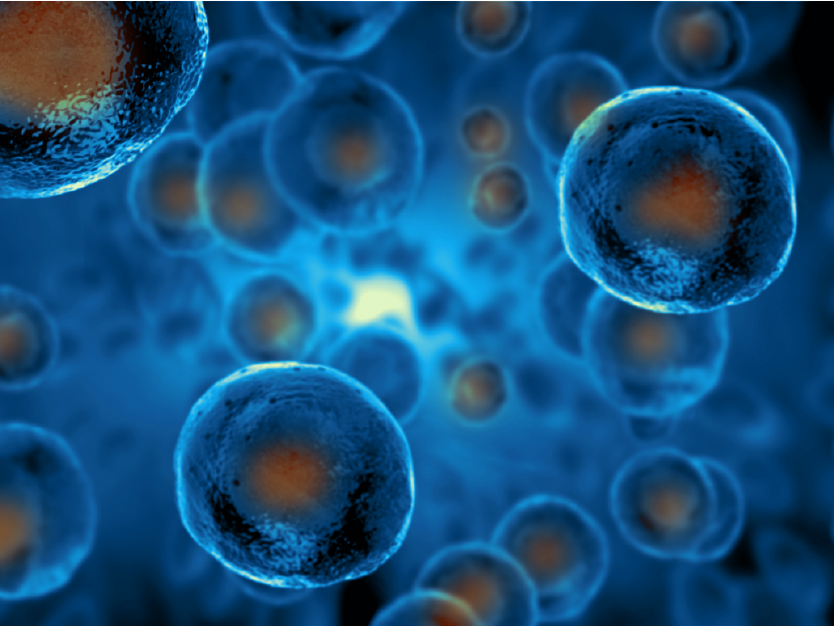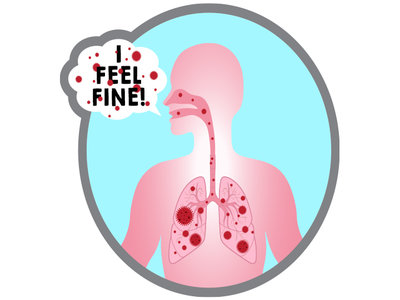The novel coronavirus has spread rapidly around the world, with confirmed infection cases having reached more than six million. The average mortality rate of those infected is estimate to be around 6%. The sudden outbreak and particularly rapid spread of the novel coronavirus have required researchers worldwide to double down on investigative efforts against COVID-19 in order to develop a treatment and vaccine as soon as possible.
Recently, Shen et al. cooperated with clinical and metabolomics research teams in China and made significant discoveries in their research of the novel coronavirus. Their project centered on mass spectrometry analysis of 99 virus-inactivated serum samples. In accordance with current clinical diagnostic criteria, these blood samples were divided into four groups: a control (healthy) group, a non-COVID-19 patient group with similar clinical characteristics as COVID-19 patients, a mild symptoms group, and a severe COVID-19 patient group. The team members used high-resolution mass spectrometry equipment to obtain the proteomics and metabolomics spectra of the samples. The concentrations of the proteins and metabolites in the serum samples were then comprehensively measured, revealing a variety of unique molecules in patients with severe COVID-19.
The researchers found that 105 proteins were differentially expressed in COVID-19 patients, but not in the control group of non-COVID-19 patients. Their data revealed dysregulation of multiple apolipoproteins, including APOA1, APOA2, APOH, APOL1, APOD, and APOM. Most are related to macrophage function and were found to be down-regulated in COVID-19 patients. The macrophage activation process is closely intertwined with that of lipid metabolism, and they discovered that the expression of over 100 lipids was down-regulated in severe patients as well. The dysregulation may be caused by the rapid expansion of the virus, which can provide a specific point of investigation for clinicians to monitor the disease and formulate adjusted treatment plans.
Based on mass spectrometry data, the researchers screened out 22 proteins and 7 metabolites characteristic of severe patients. Patients with similar serum sample composition to this combination of proteins and metabolites are likely to be severe patients or have a high probability of developing into severe COVID-19 cases. This finding is expected to be used to predict COVID-19 severity, to promote the rational arrangement of medical resources, and also to provide guidance toward the selection of treatments for severe patients.
Protein expression is an important foundation for clinical diagnosis. The researchers in this study used new mass spectrometry detection technology and other techniques to integrate multidisciplinary proteomics, clinical, biological, metabolomics data. Additionally, they were able to compute their data efficiently, and diligently screened, analyzed, compared, and verified their procedure and results. This effort allowed them the privilege of being the first team of researchers to complete a serum proteomics and metabolomics analysis of COVID-19 in both mild and severe patients. This study provides an overall view of the unique and unclear molecular pathological changes that occur in the serum of severe COVID-19 patients.
There is still significant work, research, and development to be done in order to fully prevent the spread of the coronavirus. Many unknown mechanisms of the novel coronavirus and the subsequent COVID-19 disease it causes are still waiting to be discovered. We are very grateful to all the medical staff, researchers, and first responders still working hard during this pandemic. With further developments coming out daily, we believe that victory is not far away.
For further reading, be sure to check out our curated list of blogs and resources here that we've been able to compile over the course of a year under COVID-19.
Reference:
Shen, B., Yi, X., Sun, Y., Bi, X., Du, J., Zhang, C., ... & Ge, W. (2020). Proteomic and Metabolomic Characterization of COVID-19 Patient Sera.



